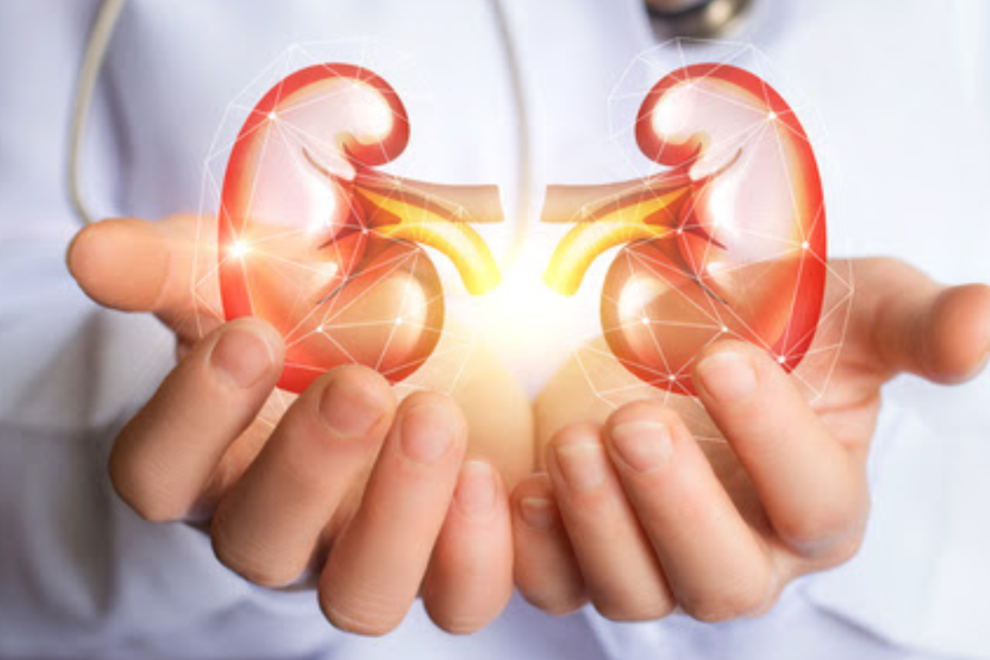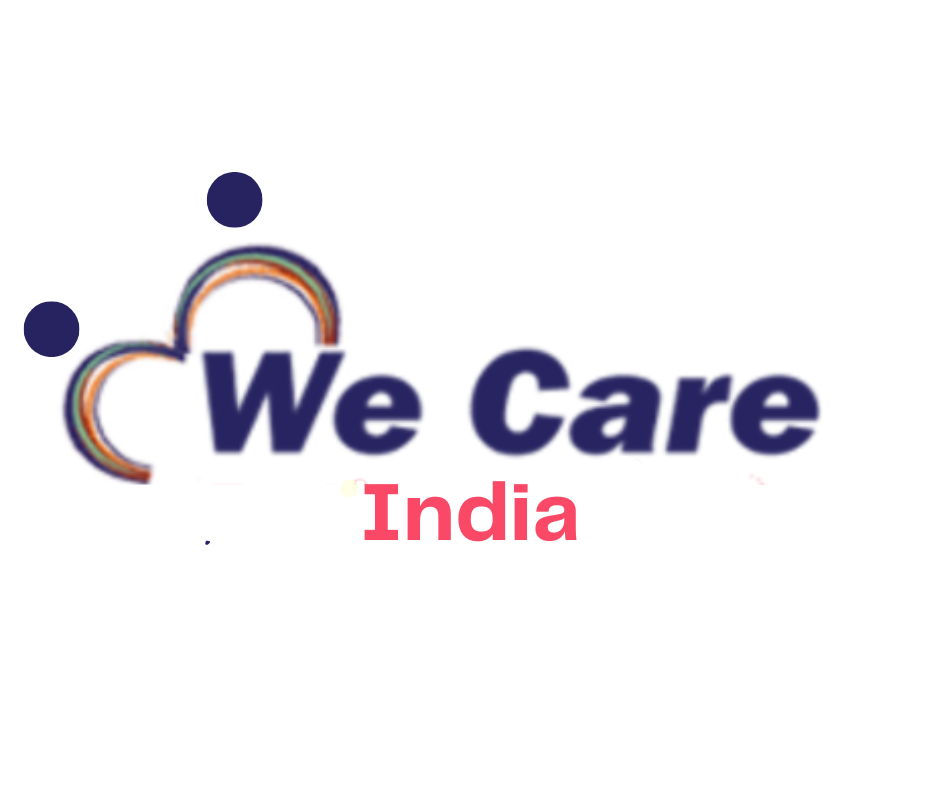Chronic Kidney Disease Treatment in India: Expert Care for Kidney Health
The kidneys are connected to the urinary bladder by tubes called ureters. Urine is stored in the urinary bladder until the bladder is emptied by urinating.


Free Doctor Opinion
The bladder is connected to the outside of the body by another tube like structure called the urethra.
The main function of the kidneys is to remove waste products and excess water from the blood. The kidneys process about 200 liters of blood every day and produce about two liters of urine. The waste products are generated from normal metabolic processes including the breakdown of active tissues, ingested foods, and other substances. The kidneys allow consumption of a variety of foods, drugs, vitamins and supplements, additives, and excess fluids without worry that toxic by-products will build up to harmful levels. The kidney also plays a major role in regulating levels of various minerals such as calcium, sodium, and potassium in the blood.
- As the first step in filtration, blood is delivered into the glomeruli by microscopic leaky blood vessels called capillaries. Here, blood is filtered of waste products and fluid while red blood cells, proteins, and large molecules are retained in the capillaries. In addition to wastes, some useful substances are also filtered out. The filtrate collects in a sac called Bowman’s capsule.
- The tubules are the next step in the filtration process. The tubules are lined with highly functional cells which process the filtrate, reabsorbing water and chemicals useful to the body while secreting some additional waste products into the tubule.
The kidneys also produce certain hormones that have important functions in the body, including the following:
- Active form of vitamin D (calcitriol or 1,25 dihydroxy-vitamin D), which regulates absorption of calcium and phosphorus from foods, promoting formation of strong bone.
- Erythropoietin (EPO), which stimulates the bone marrow to produce red blood cells.
- Renin, which regulates blood volume and blood pressure.
Chronic kidney disease in India
Chronic kidney disease occurs when one suffers from gradual and usually permanent loss of kidney function over time. This happens gradually, usually months to years. Chronic kidney disease is divided into five stages of increasing severity (see Table 1 below). The term “renal” refers to the kidney, so another name for kidney failure is “renal failure.” Mild kidney disease is often called renal insufficiency.
With loss of kidney function, there is an accumulation of water; waste; and toxic substances, in the body, that are normally excreted by the kidney. Loss of kidney function also causes other problems such as anemia, high blood pressure, acidosis (excessive acidity of body fluids), disorders of cholesterol and fatty acids, and bone disease.
Stage 5 chronic kidney disease is also referred to as kidney failure, end-stage kidney disease, or end-stage renal disease, wherein there is total or near-total loss of kidney function. There is dangerous accumulation of water, waste, and toxic substances, and most individuals in this stage of kidney disease need dialysis or transplantation to stay alive.
Unlike chronic kidney disease, acute kidney failure develops rapidly, over days or weeks.
- Acute kidney failure usually develops in response to a disorder that directly affects the kidney, its blood supply, or urine flow from it.
- Acute kidney failure is often reversible, with complete recovery of kidney function.
- Some patients are left with residual damage and can have a progressive decline in kidney function in the future.
- Others may develop irreversible kidney failure after an acute injury and remain dialysis-dependent.
Read Also :-
- Cervical Spine Surgery in India: Expert Care for Neck Pain and Spinal Health
- Chin and Cheek Augmentation in India: Enhance Your Facial Profile
- Sigmoidoscopy Surgery in India: Early Detection and Affordable Care for Colon Health
- Cholecystectomy (Gall Bladder Removal) in India: Safe & Affordable Surgery
- Carotid Endarterectomy in India: Advanced Stroke Prevention Surgery
- Carotid Artery Disease Surgery in India: Prevent Strokes with Advanced Care
Committed To Build Positive, Safe, Patient Focused Care.
High Quality
Care
Home Review
Medicine
All Advanced
Equipment
Book An Appointment

At We Care India, we offer complete medical services for your entire family, from routine check-ups to injury care, ensuring personalized attention and expert assistance for all your health needs.


